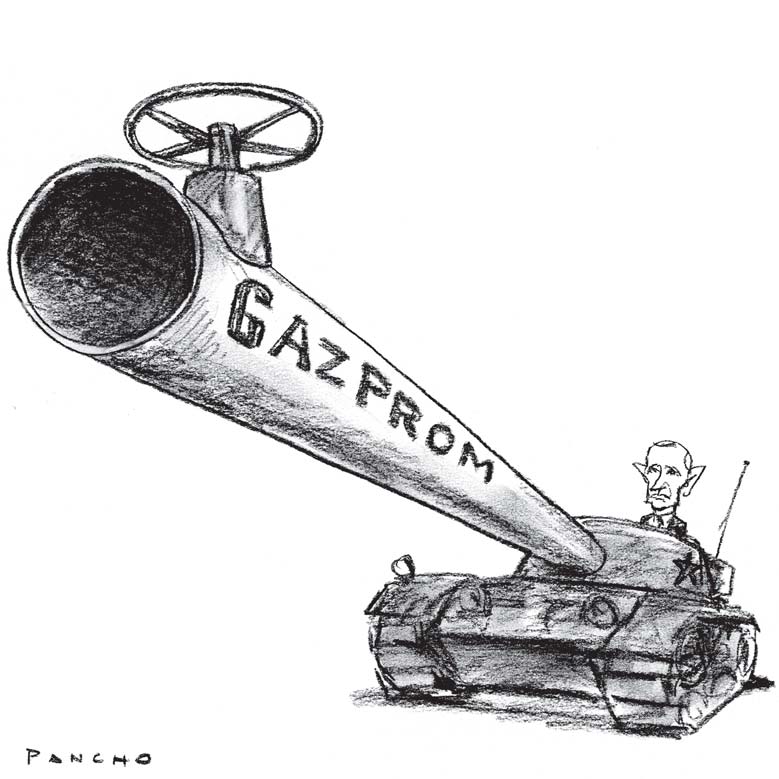 It’s that time of year again.
It’s that time of year again.
It’s January, snow is on the ground (and no that doesn’t mean that climate change is not happening), it’s freezing outside and … Russia is having an energy dispute with its neighbours.
Somethings never change. This time it is Belarus and the spat is about oil rather than gas, but even still Europe’s capital are once again watching nervously.
Moscow and Minsk are fighting over duties on imported oil that Belarus re-exports to Europe, which is a key source of revenue for the country’s economy.
But once again negotiations have broken down, further stoking fears that the dispute could disrupt crude flows to Europe.
This is nothing new. It is the fourth time in five years that Russia has ended up in a dispute about energy supplies through Belarus or Ukraine.
The worst case was in January 2009 when large swaths of Europe were left in the cold after gas transit through Ukraine was interrupted.
Although the latest dispute has yet to affect supplies to Europe, it is being seen as a contributing factor to oil reaching a 15-month high above $83 a barrel.
The dispute once again highlights the fragility of Europe’s oil and gas supplies. As a profile on Gazprom in the Guardian newspaper points out the Russian energy group has “the power to plunge Europe into darkness”.
Gazprom – which has so much natural gas under the tundra of Siberia that its energy resources are equivalent to all the oil and gas fields owned by western energy companies put together – can literally flick a switch and the lights would go out in several major European cities.
Such is its power that the argues Gazprom is “among top international companies that will shape the world in the coming decade.”
Having that much power at a flick of a switch, whilst holding tens of millions of people to potential ransom, is something that should be confined to the pages of a novel, not be the backbone of Europe’s energy policy.
However, Europe is becoming more dependent on Russian gas, not less.
And asked if there will be another crisis this winter, the man from Gazprom tells the paper: “We have good reason to believe crisis can be averted but it is never easy to give a 100% guarantee”.
One crisis probably avoided then, but I bet you could write the same blog again this time next year… Wonder who the dispute will be with then?
